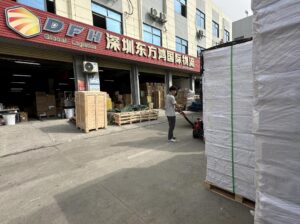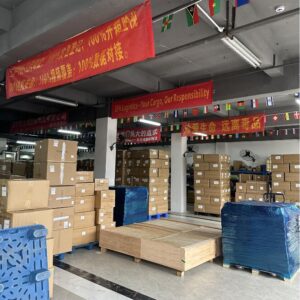If you’re planning to buy products from Alibaba and ship them to the UAE, you’re not alone. Whether you’re a Dubai-based startup, a Sharjah e-commerce seller, or a large distributor in Abu Dhabi, importing from China via Alibaba is one of the smartest ways to source high-quality products at competitive prices.
In this complete guide, I’ll walk you through everything you need to know to ship successfully from Alibaba to the UAE in 2025. You’ll learn how shipping works, how to choose the right method, how to lower your costs, what documents you need, and how DFH Logistics can help with door-to-door delivery and customs clearance.
Let’s simplify your import process and help your business grow with a reliable logistics solution tailored for the UAE market.
Why Buy from Alibaba and Ship to the UAE?
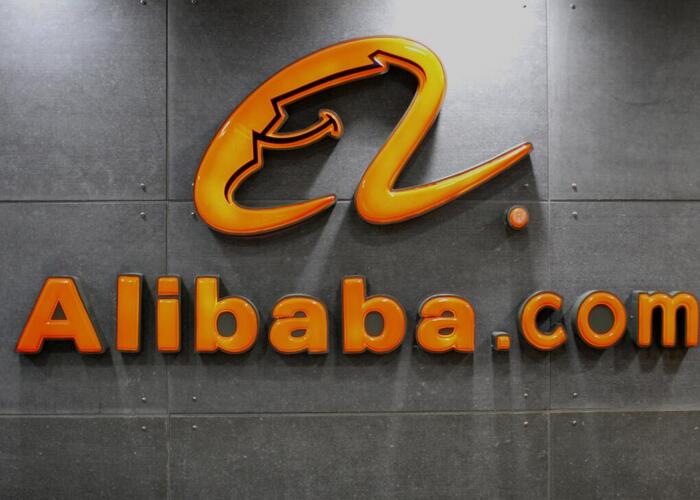
Alibaba has become a go-to sourcing platform for many UAE-based businesses and entrepreneurs. With its vast product variety, low manufacturing costs, and supplier competition, it’s an ideal choice for importers seeking high margins.
Benefits for UAE Importers:
- Price advantage over local wholesale sources
- Access to exclusive factories not listed on Amazon or global B2B sites
- Customization possibilities for private-label or branded products
- Growing logistics support including DDP shipping direct to UAE
For startups and SMEs, importing from Alibaba also allows for small MOQ orders with scalable logistics options like LCL sea freight, air freight, and courier shipping.
How Does Shipping Work on Alibaba?
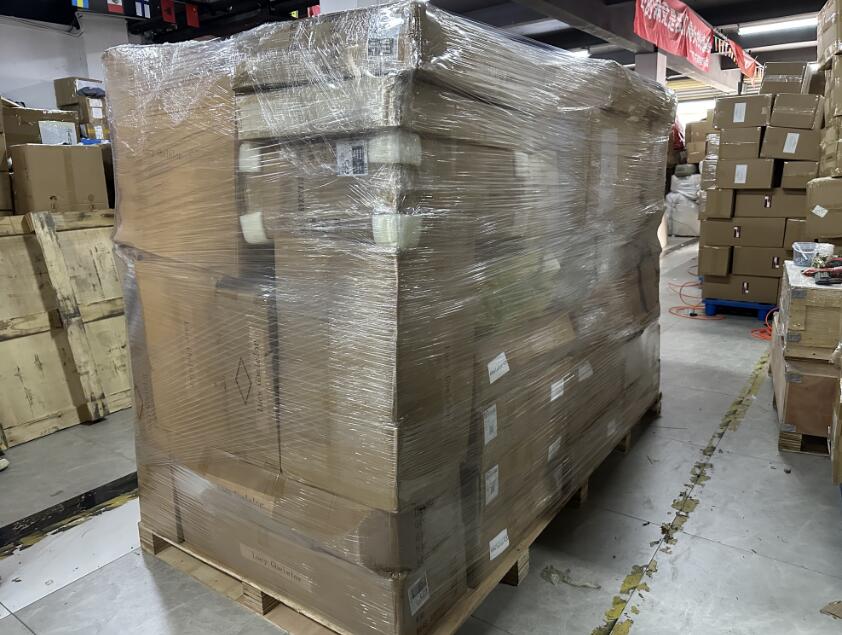
Alibaba is a B2B platform that connects buyers with thousands of Chinese manufacturers and trading companies. While Alibaba offers a Trade Assurance system to protect your order, the shipping process isn’t fully managed by the platform itself—it depends on what arrangement you make with the supplier or a freight forwarder.
There are three main ways shipping is handled on Alibaba:
Supplier-arranged shipping: Many Alibaba suppliers offer to ship goods using express couriers like DHL, FedEx, or sea/air freight through their logistics partners. This is convenient but often lacks transparency in pricing and transit times.
Buyer-arranged shipping (recommended): This gives you more control. You work with a third-party freight forwarder (like DFH Logistics) who picks up goods from your supplier, arranges consolidation if needed, manages export and import procedures, and delivers the shipment to your UAE address.
Alibaba Logistics (Cainiao): Some Trade Assurance orders may offer Cainiao’s shipping services, but they are generally more suitable for small parcels and less customizable for business needs.
Important Tip: Always confirm whether the price you see on Alibaba includes shipping, or if it’s EXW (Ex-Works) or FOB (Free on Board). This impacts your shipping responsibilities and costs significantly.
Should You Let Your Alibaba Supplier Handle the Shipping?
While it’s tempting to let your supplier take care of shipping—especially for small, first-time orders—it’s not always the best solution when shipping to the UAE.
Here’s a comparison to help you decide:
| Aspect | Supplier-Arranged Shipping | DFH Logistics or Third-Party Forwarder |
|---|---|---|
| Cost Transparency | ❌ Hidden markups common | ✅ Full cost breakdown, no surprises |
| Customization (DDP, labeling) | ❌ Limited | ✅ Tailored to your needs |
| Tracking & Communication | ❌ Often slow responses | ✅ Dedicated support team |
| Multi-supplier Consolidation | ❌ Not available | ✅ Free 30-day warehouse + consolidation |
| Import to UAE (DDP available) | ❌ Rarely offered | ✅ DDP with taxes and customs included |
Why Third-Party Forwarding is Better for UAE Importers
UAE customs requires correct documentation, HS code classification, and may apply VAT or duties depending on your goods. Many Alibaba suppliers are unfamiliar with these requirements, leading to delays or failed deliveries.
By working with a professional freight forwarder like DFH Logistics, you ensure:
- Pickup from multiple suppliers across China
- Proper documentation for UAE customs
- DDP shipping option (customs clearance + tax included)
- On-time delivery to Dubai, Abu Dhabi, Sharjah, and other UAE cities
What Are the Shipping Methods from Alibaba to the UAE?

When shipping from Alibaba to the UAE, you have several options depending on the size, weight, urgency, and budget of your order. Below are the most commonly used methods:
1. Express Courier (DHL, FedEx, UPS)
- Transit Time: 3–7 business days
- Best For: Small parcels (under 100 kg)
- Features: Door-to-door, includes customs clearance
- Drawback: High cost for bulky or heavy items
2. Air Freight
- Transit Time: 5–10 days (China to Dubai/Sharjah airport)
- Best For: Medium-sized cargo (100–300 kg)
- Features: Faster than sea freight, economical for urgent shipments
- Drawback: Requires separate customs clearance unless DDP is arranged
3. Sea Freight (LCL / FCL)
LCL (Less than Container Load)
- Best For: Cargo over 1 CBM but under full container
- Transit Time: 18–30 days (port-to-port)
- Feature: Consolidated with other shipments to reduce cost
FCL (Full Container Load)
- Best For: Shipments above 15–20 CBM
- Transit Time: 14–25 days depending on port
- Feature: Exclusive use of container, better protection, lower per-unit cost
4. DDP Shipping (Door to Door with Duties Paid)
- More details in the next section. Ideal for UAE buyers who want hassle-free delivery and don’t want to handle customs themselves.
Shipping Method Comparison Table:
| Method | Transit Time | Cost Level | Ideal For | Includes Customs | Door-to-Door? |
|---|---|---|---|---|---|
| Express Courier | 3–7 days | High | Samples, small parcels | ✅ Yes | ✅ Yes |
| Air Freight | 5–10 days | Medium | 100–300 kg shipments | ❌/✅ (varies) | ❌/✅ (varies) |
| LCL Sea Freight | 18–30 days | Low | 1–10 CBM bulk cargo | ❌/✅ (varies) | ❌/✅ (varies) |
| FCL Sea Freight | 14–25 days | Lowest | 15–30 CBM+ large shipments | ❌/✅ (varies) | ❌/✅ (varies) |
| DDP Shipping | 10–25 days | Medium | Businesses, no import license | ✅ Yes | ✅ Yes |
What Is DDP Shipping from Alibaba to the UAE?
DDP stands for Delivered Duty Paid, which means your goods are shipped all the way to your address in the UAE—including export declaration, freight, customs clearance, duties, VAT, and final delivery—without you needing to get involved in the process.
This is the most convenient and worry-free shipping method for most UAE importers, especially those:
- Without a UAE import license
- Unfamiliar with customs procedures
- Shipping directly to clients, Amazon AE, Noon, or third-party warehouses
- Handling consolidated goods from multiple suppliers
DFH Logistics DDP Services to UAE Include:
- Pickup from multiple Alibaba suppliers
- Free consolidation and repacking
- Export declaration and documentation
- Sea or air freight to Dubai/Jebel Ali Port
- UAE customs clearance and VAT payment
- Final delivery to your office, warehouse, or Amazon FBA center
Advantages of DDP Shipping to UAE:
- ✅ Avoids customs delays
- ✅ Transparent, all-inclusive pricing
- ✅ Ideal for small businesses and personal buyers
- ✅ Simplifies cross-border trade and last-mile delivery
DDP is especially valuable if your UAE customer cannot act as the importer of record or lacks a TRN (Tax Registration Number) for VAT.
How Much Does It Cost to Ship from Alibaba to the UAE?
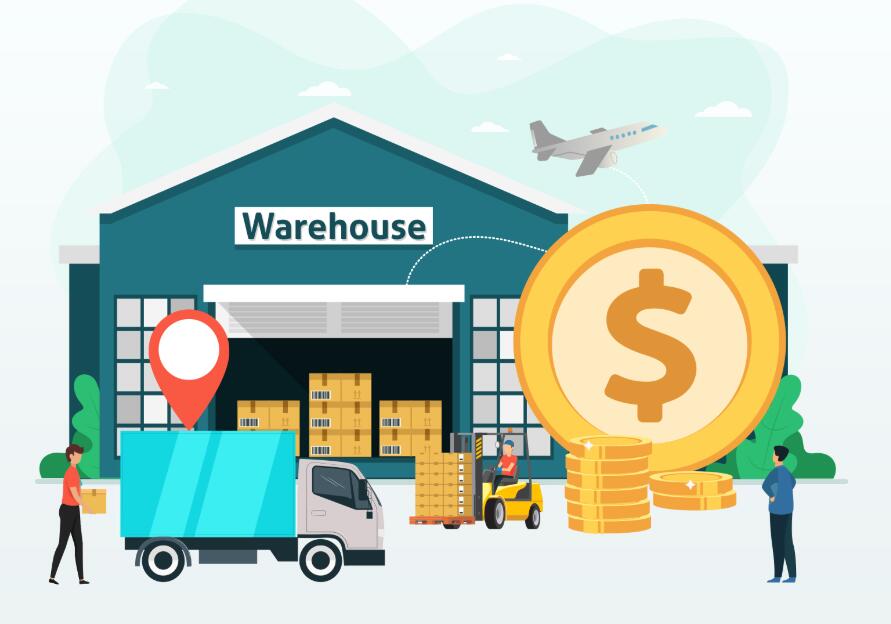
The cost of shipping from Alibaba to the UAE varies depending on several key factors, including:
- The shipping method you choose (express, air, sea, DDP)
- The weight and volume of your cargo
- The delivery location within the UAE (Dubai, Abu Dhabi, Sharjah, etc.)
- Whether you need door-to-door service or just port-to-port
- Seasonal freight market fluctuations
Here is a general reference for shipping costs from China to UAE in 2025:
| Shipping Method | Weight/Volume Example | Estimated Cost Range |
|---|---|---|
| Express Courier | 5 kg | $35 – $120 |
| Air Freight (DDU) | 100 kg / 0.5 CBM | $4.5 – $7.5 per kg |
| LCL Sea Freight | 1 CBM (≈200 kg) | $90 – $260 per CBM |
| FCL 20GP Container | Up to 28 CBM | $1,800 – $2,400 total |
| FCL 40HQ Container | Up to 58 CBM | $2,600 – $3,500 total |
| DDP Air Freight | 100 kg | $6.5 – $9.5 per kg |
| DDP Sea Freight | 1 CBM (≈200 kg) | $180 – $360 per CBM |
Please note: These are average reference rates. Actual prices depend on your cargo details and market conditions. You can contact DFH Logistics for an accurate quote based on your shipment.
When calculating total cost, also consider the following:
- Pickup charges from supplier (if not FOB)
- Export customs fees in China
- UAE import duties and VAT (5%)
- Delivery from port/airport to final address
- Oversize fees if your shipment with very big sizes.
With DDP shipping, these costs are typically bundled into a single all-inclusive quote.
What Is the Cheapest Way to Ship from Alibaba to the UAE?
If your main priority is to minimize shipping cost, the most affordable method is usually sea freight. Specifically, LCL sea freight combined with door-to-door DDP service offers a balance between cost savings and simplicity.
Here are a few recommendations depending on your cargo type:
For shipments under 21 kg:
Express courier may still be the cheapest due to low weight, especially if speed is important.
For shipments between 50–300 kg:
Air freight can be a better value than express, especially when shipped with a freight forwarder who offers DDP air.
For shipments over 100 kg or 1 CBM:
LCL sea freight is the most economical option. You pay only for the space your cargo takes in the container, and with DDP service, all customs and tax handling is included.
For full container loads (15 CBM+):
FCL shipping provides the lowest cost per unit and better cargo security. Ideal for large commercial shipments.
To further reduce your costs:
- Combine products from multiple suppliers using a freight forwarder that offers free consolidation
- Repack to reduce volume and save on dimensional charges
- Ship during off-peak seasons when rates are lower
A reliable logistics partner can help you compare options and choose the best route based on your timeline and budget.
Do You Need a VAT Number or Import License to Ship from Alibaba to UAE?
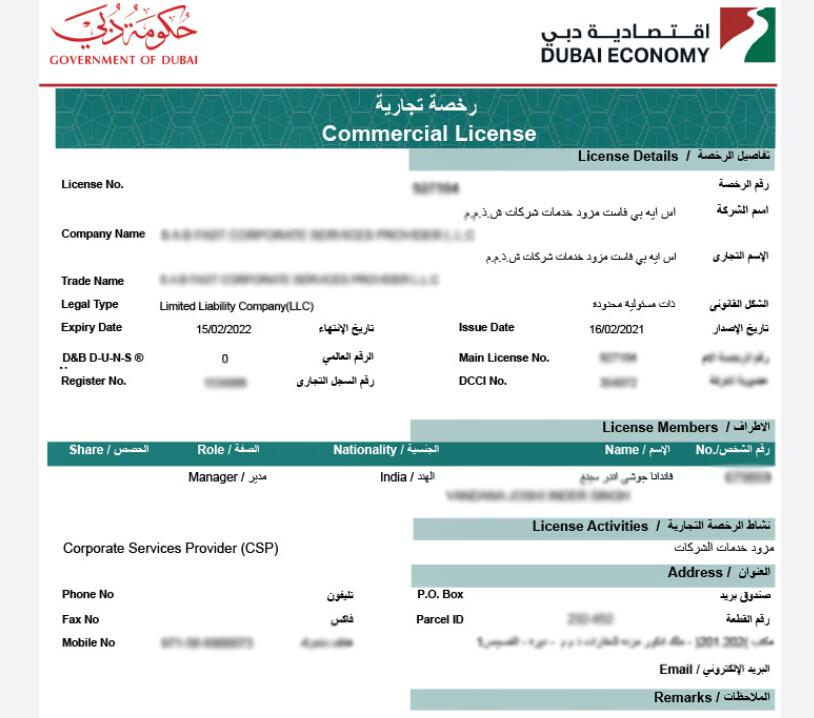
For most commercial imports into the UAE, especially if the shipment is not classified as personal effects, having a valid Tax Registration Number (TRN) is recommended. This TRN is used to process import VAT through the UAE Federal Tax Authority (FTA).
However, if you are:
- A small business just starting out
- An individual importer ordering in small quantities
- Shipping under Delivered Duty Paid (DDP) terms
Then you typically do not need your own VAT number or import license. In a DDP arrangement, the freight forwarder acts as the Importer of Record and handles customs clearance, VAT payment, and delivery on your behalf. This is especially useful if you’re testing the UAE market or shipping to Amazon AE or Noon fulfillment centers without a company license.
That said, for larger businesses or those planning regular high-volume shipments, registering for a TRN and using your own import license can allow for VAT input credit and better long-term control over your import operations.
It is important to ensure that your shipping documents match the declared importer and include accurate product descriptions and HS codes to avoid customs delays or penalties.
How Is UAE Customs Clearance Handled When Shipping from Alibaba?

UAE customs clearance is a necessary step for any commercial shipment entering the country, whether by air or sea. The process is typically carried out at major entry points such as Jebel Ali Port, Port Khalid in Sharjah, or Dubai International Airport.
To clear customs, the following documents are commonly required:
- Commercial invoice
- Packing list
- Bill of lading (sea freight) or airway bill (air freight)
- Certificate of origin (if required)
- Import permit or TRN (if clearing under the buyer’s name)
In the case of DDP shipping, your freight forwarder handles all of this on your behalf, ensuring that:
- The correct HS codes are declared for duty and VAT calculation
- Any required permits for restricted items are obtained
- VAT (typically 5%) is prepaid and included in your invoice
- Goods are delivered after clearance to your final address
UAE customs operates efficiently, and in most cases, clearance can be completed within one to three working days if documents are accurate and the shipment is not flagged for inspection.
Certain products such as electronics, cosmetics, or food items may require additional clearance or registration. It is advisable to confirm regulatory requirements before shipment if your products fall into sensitive categories.
Working with a logistics partner who understands the UAE import environment ensures your shipment is not held up due to missing documents or incorrect declarations.
Can Individuals Ship from Alibaba to the UAE Without a Business License?
Yes, individuals in the UAE can import products from Alibaba without a business license, especially for personal use or low-volume shipments. However, there are a few important points to keep in mind:
When the shipment is processed as a personal import, customs authorities may require the recipient’s Emirates ID, and the goods must clearly be for non-commercial purposes. Small quantities of consumer goods such as electronics, homeware, clothing, and accessories usually pass through customs without issues, provided the documentation is accurate and no restricted items are included.
For individuals ordering through DDP shipping, the process is even simpler. The freight forwarder acts as the Importer of Record, and the recipient does not need to engage in customs procedures or submit a tax registration number. This is especially convenient for first-time buyers or individuals trying out new products before committing to business-scale imports.
That said, if shipments become frequent or are clearly intended for resale, UAE customs may request an import license or business documentation. To avoid compliance issues in such cases, transitioning to a registered business importer is recommended.
What Products Can You Import from Alibaba to the UAE?
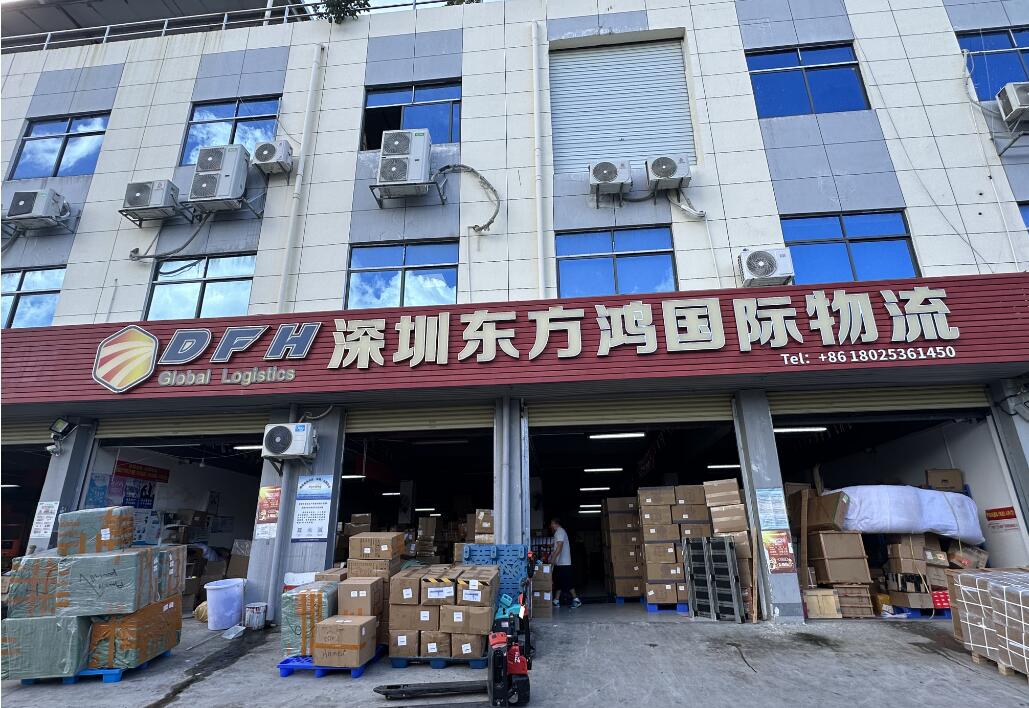
UAE has a dynamic import market with strong demand for a wide range of products from China. Whether you’re importing for resale, e-commerce, or business use, the following product categories are especially popular:
- Consumer electronics: phone accessories, Bluetooth devices, smartwatches
- Fashion and apparel: clothing, scarves, modest fashion, shoes
- Beauty and personal care: skincare, makeup tools, hair products
- Household items: kitchenware, storage boxes, cleaning tools
- Furniture and lighting: home decor, LED lights, office furniture
- Baby and children’s products: toys, educational kits, baby clothing
- Gift packaging: boxes, ribbons, customized bags
- Automotive accessories: car chargers, organizers, cleaning kits
- Tools and hardware: hand tools, measuring instruments, safety gear
Most of these products can be imported without restrictions, but certain categories may require additional approvals. These include food supplements, medical devices, wireless communication items, or cosmetics with specific chemical ingredients.
Before placing an order, it is advisable to consult your freight forwarder about regulatory requirements, especially if you plan to sell in the UAE through e-commerce or retail channels. At DFH Logistics, we assist clients in identifying import risks and providing compliant documentation for customs clearance.
How Do You Ship from Alibaba to the UAE Step by Step?
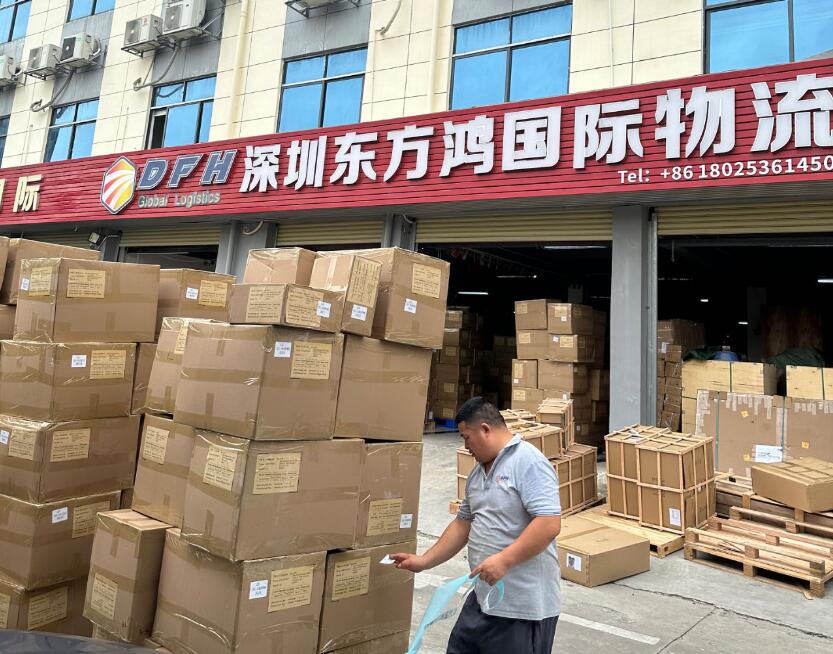
Shipping from Alibaba to the UAE involves more than just placing an order. A smooth delivery requires coordination between your supplier, freight forwarder, and customs clearance team. Below is a typical step-by-step process that importers should follow:
Step 1: Product Selection and Supplier Verification
Choose a reliable supplier on Alibaba with verified credentials and positive transaction history. Request product specifications, packaging details, and export readiness.
Step 2: Choose the Right Shipping Terms
Clarify whether your quoted price is EXW, FOB, or CIF. This determines who arranges transport and at what stage liability transfers.
Step 3: Decide on a Shipping Method
Select air freight, sea freight, courier, or DDP shipping based on your cargo size, urgency, and budget. If you’re working with a freight forwarder, they will recommend the most suitable route.
Step 4: Arrange Pickup and Consolidation (if needed)
If you’re buying from multiple suppliers, your freight forwarder can consolidate all goods into one shipment, reducing cost and simplifying customs clearance.
Step 5: Export Customs Declaration in China
Your forwarder will handle the necessary export paperwork and customs declaration procedures before the cargo leaves China.
Step 6: Transportation and Tracking
Once the cargo is on board, you’ll receive a tracking number or shipping document (AWB or B/L). Transit times vary based on the shipping method chosen.
Step 7: UAE Customs Clearance
If shipping DDP, your forwarder will manage customs documentation, duties, and VAT payment. For other methods, you or your customs broker will need to process clearance.
Step 8: Final Delivery
Once cleared, the cargo is delivered to your address, warehouse, or Amazon FBA center in the UAE.
Using a freight forwarder like DFH Logistics simplifies this process and reduces the chances of mistakes, delays, or extra fees.
What Documents Are Required to Ship from Alibaba to the UAE?
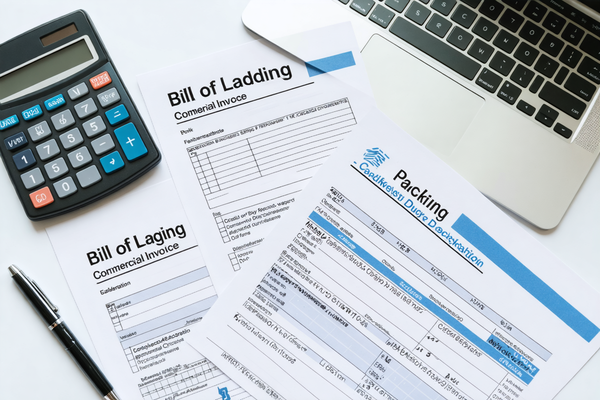
Accurate and complete documentation is critical for successful import clearance in the UAE. Whether you’re using courier, sea, or air freight, the following documents are typically required:
Commercial Invoice
Must list the exporter, consignee, item description, quantity, unit value, and total value. It should also mention the HS code of the product and currency used.
Packing List
Details the weight and dimensions of each package, number of cartons, and type of packaging.
Bill of Lading (B/L) or Air Waybill (AWB)
Issued by the carrier, it acts as proof of shipment. It also indicates the consignee and final delivery address.
Certificate of Origin (if applicable)
Certain goods may require a certificate of origin to claim tariff benefits or to meet UAE regulatory requirements.
Import License or TRN (if clearing under buyer’s name)
A UAE-based company will need to present a valid import license or TRN to act as the official importer.
Delivery Instructions and Contact Information
For courier and FBA shipments, providing accurate address and local contact details ensures smooth final-mile delivery.
If you’re using DDP shipping, most of this paperwork is prepared and submitted by your freight forwarder. They ensure the format and content comply with UAE customs regulations, reducing the risk of clearance delays or fines.
Why Is Alibaba Shipping So Expensive to the UAE Sometimes?
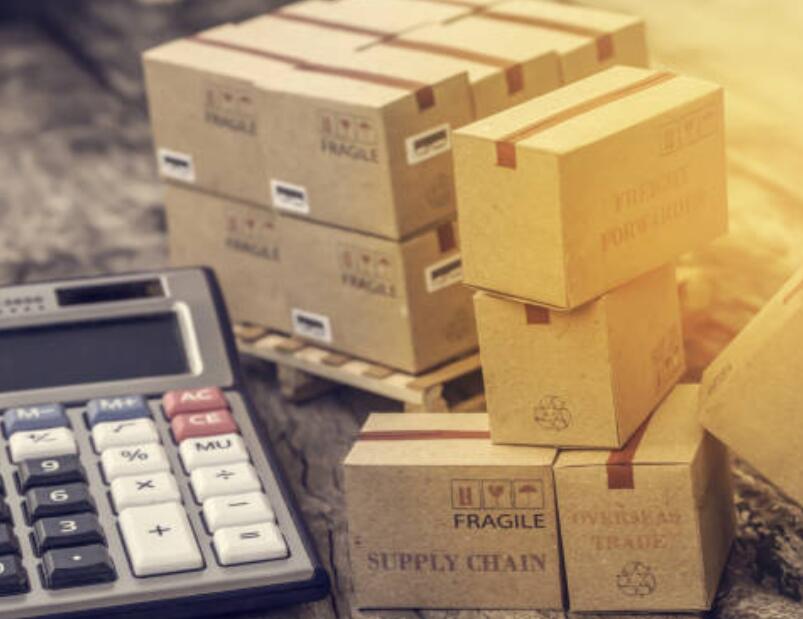
Many UAE importers are surprised by the high shipping quotes they receive on Alibaba, especially when ordering directly from suppliers. Several factors contribute to this:
Supplier-arranged shipping is often marked up.
Most Alibaba sellers are product manufacturers, not logistics experts. They typically add a margin to the freight charges or select courier options that prioritize speed over cost-efficiency. This results in inflated shipping prices.
No consolidation or volume optimization.
When ordering from multiple suppliers, shipments are often sent separately. Without consolidation, you end up paying for duplicated shipping fees and unused volume in cartons or containers.
Lack of shipping method flexibility.
Suppliers may only offer express courier by default, which is the fastest but most expensive. For larger orders, sea freight or DDP solutions can be far more economical.
Seasonal rate fluctuations.
Shipping rates from China to the UAE can rise significantly during peak seasons such as Ramadan preparation periods, Q4 holiday demand, or post-Chinese New Year. Planning ahead can help secure better pricing.
To avoid overpaying, consider working with a freight forwarder who can compare multiple shipping channels, consolidate your goods, and negotiate better rates on your behalf.
What Are Common Mistakes When Shipping from Alibaba to the UAE?

Even experienced importers can make errors when managing Alibaba shipments to the UAE. Here are the most common mistakes and how to avoid them:
1. Letting the supplier control shipping.
This often leads to overpaying, lack of shipment tracking, and difficulties with customs clearance. It’s better to control the shipping process through a forwarder who represents your interests.
2. Not checking if the shipping term is EXW, FOB, or CIF.
Different shipping terms affect who is responsible for pickup, export customs, and freight charges. Always confirm and document your shipping term clearly.
3. Incomplete or inaccurate shipping documents.
Missing HS codes, vague product descriptions, or incorrect consignee details can delay clearance or cause customs fines.
4. Ignoring UAE import restrictions.
Some products, such as cosmetics, wireless items, or supplements, require pre-approvals. Importing without proper documentation may lead to confiscation or extra storage charges.
5. Underestimating shipping time.
Choosing air freight may seem faster, but if customs documentation is not prepared in advance, delays will still occur. Sea freight can take longer than expected during peak seasons or port congestion.
6. Not using consolidation services.
Importers working with multiple suppliers can drastically reduce costs and simplify logistics by consolidating shipments in China before export.
Avoiding these mistakes saves time, money, and stress. A professional freight forwarder like DFH Logistics helps you navigate each step correctly, ensuring smoother shipments and better results for your business.
How Can DFH Logistics Help You Ship from Alibaba to the UAE?
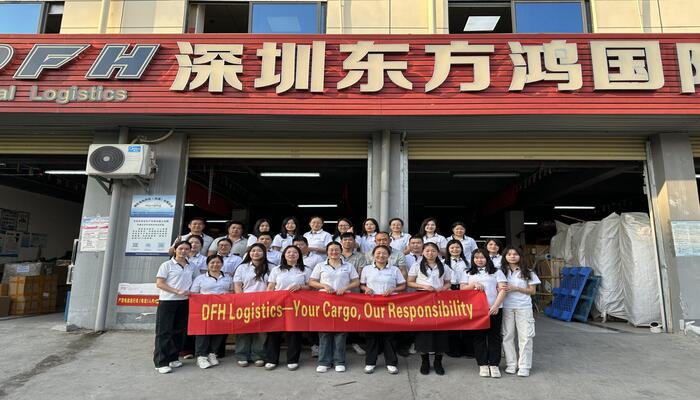
At DFH Logistics, we specialize in helping global importers—especially businesses in the UAE—ship products from Alibaba suppliers with speed, accuracy, and complete transparency. Whether you’re a new entrepreneur or an established distributor, our services are tailored to support your supply chain from start to finish.
Here’s how DFH Logistics adds value to your Alibaba shipments:
One-stop door-to-door logistics
We handle pickup from your Alibaba suppliers, offer 30 days of free warehousing in China, perform consolidation, manage export clearance, and arrange shipping by sea or air. We finalize delivery to your UAE address or fulfillment center, including full DDP options.
DDP shipping for UAE importers
Many UAE buyers lack an import license or are unfamiliar with customs procedures. Our DDP service covers everything: customs clearance, VAT payment, and delivery—no need for the buyer to handle any paperwork.
Cost-effective and flexible options
We compare courier, air, and sea freight channels to offer the most suitable solution for your cargo volume, delivery speed, and budget.
Supplier communication and inspection
We help coordinate with your Alibaba sellers, check packaging quality, and provide photo or video confirmation of goods before shipment.
Amazon UAE and e-commerce support
If you’re selling on Amazon AE, Noon, or Shopify, we offer FBA labeling, repacking, and direct delivery into UAE fulfillment warehouses.
With over 12 years of experience and more than 20,000 global clients served, DFH Logistics ensures your imports from Alibaba are handled professionally and delivered reliably across the UAE.
Ready to Ship from Alibaba to the UAE?
Whether you’re placing your first Alibaba order or scaling up regular imports to the UAE, DFH Logistics is here to support you with flexible, reliable, and cost-effective shipping solutions.
If you’re ready to simplify your importing process, contact DFH Logistics for a tailored quote. Whether you’re buying small batches or full containers, we’ll help you navigate shipping, customs, and delivery—so you can focus on growing your business.



